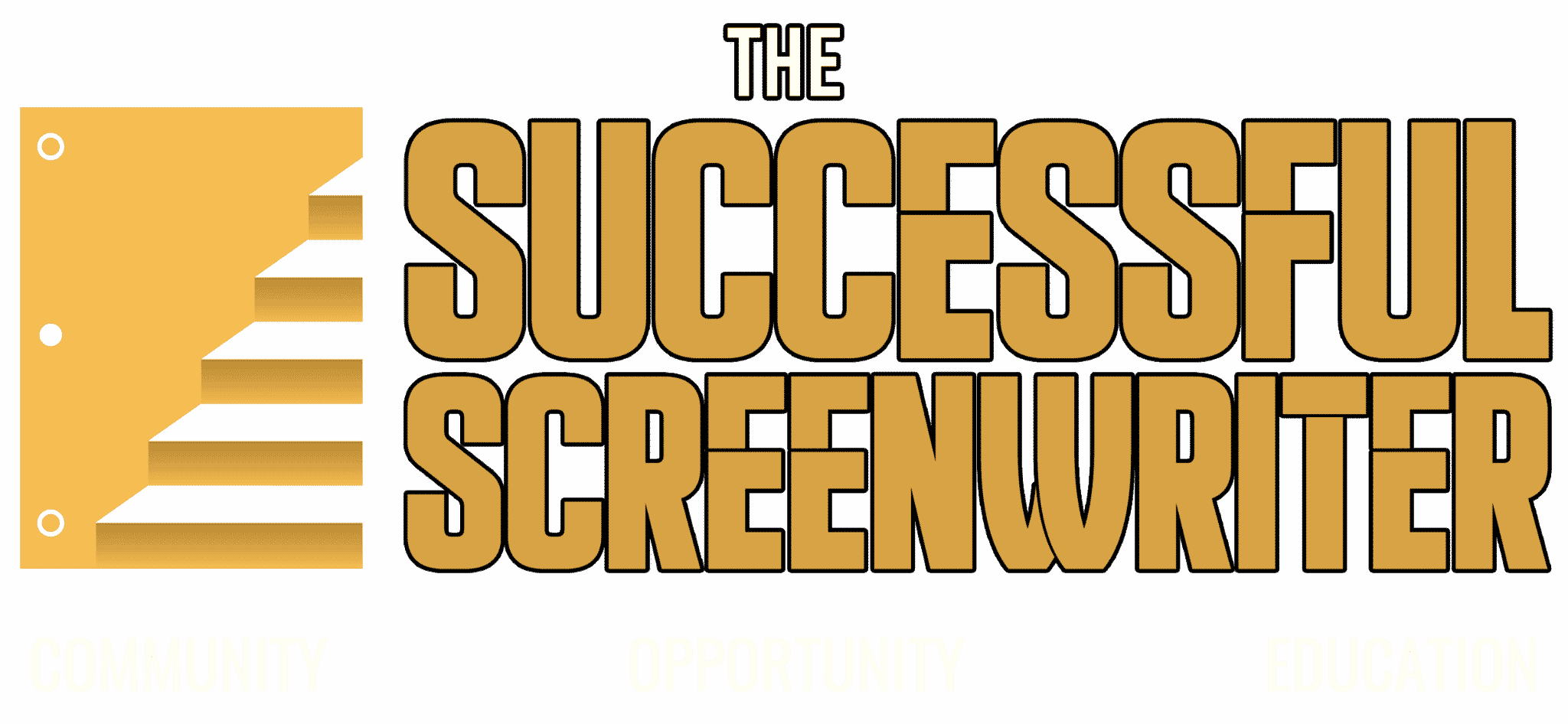I was recently asked, “Why is screenwriting hard?” As someone deeply immersed in the world of screenwriting, I decided to tackle this and shed some light on the intricacies and challenges of our craft. Screenwriting is often considered one of the most challenging forms of writing. While it might seem straightforward at first—just writing dialogue and directions—there are layers of complexity that make it a daunting task even for seasoned writers. Here’s a breakdown of why screenwriting is hard and what you can do to overcome these challenges.
1. Balancing Creativity and Structure
Screenwriting requires a delicate balance between creativity and structure. Unlike novels, where you have the freedom to explore tangents and dive into lengthy descriptions, screenplays demand a strict format. In theory, each page roughly equates to one minute of screen time, necessitating precision and economy of words. The structure, with its acts and beats, is not just a guideline but a necessity for the pacing and flow of the film.
Tip:
Familiarize yourself with standard screenplay structures like the three-act structure. Use tools like beat sheets to plan your story before diving into the script.
2. Show, Don’t Tell
One of the golden rules of screenwriting is “show, don’t tell.” This means conveying emotions, intentions, and backgrounds through actions and visuals rather than dialogue or exposition. Achieving this can be incredibly challenging, as it requires a keen understanding of visual storytelling.
Tip:
Practice writing scenes that convey emotions without relying on dialogue. Study films that excel in visual storytelling and analyze how they achieve this.
3. Dialogue Mastery
Crafting authentic and engaging dialogue is an art form in itself. Dialogue in screenplays needs to sound natural while serving multiple purposes: revealing character, advancing the plot, and maintaining the film’s pacing. Striking the right balance is often tricky.
Tip:
Listen to real conversations and take note of how people speak. Read your dialogue out loud to ensure it sounds natural and fits the character’s voice.
4. Character Development Within Constraints
Developing well-rounded characters within the constraints of a screenplay’s length is another challenge. Each character needs to have a distinct voice, clear motivations, and an arc, all while fitting into the limited space a screenplay offers.
Tip:
Create detailed character bios and backstories even if they don’t all make it into the script. This helps in maintaining consistency and depth in your characters.
5. A Visual Medium in Written Form
Screenwriting is uniquely challenging because it is a visual medium presented in written form. As a dyslexic writer, I find this to be a superpower. Dyslexics often think in pictures, which can be a tremendous advantage in screenwriting. Translating these vivid mental images into written scenes that a director can visualize is a skill that requires practice and precision.
Tip:
Practice visualizing a scene. Then write the scene and ensure your descriptions are clear and concise. This helps the reader see the movie as you imagine it.
6. Industry Expectations
We must also navigate the expectations and preferences of the film industry. This includes understanding market trends, genre conventions, and the preferences of producers and directors. The pressure to create something both unique and commercially viable adds another layer of difficulty and pressure.
Tip:
Stay updated on industry trends and read a lot of contemporary screenplays. This will give you a sense of what is selling and how you can tailor your stories to meet industry demands while maintaining your unique voice.
7. Revision and Feedback
The revision process in screenwriting is often extensive and can be grueling. Scripts go through multiple drafts, with feedback from various stakeholders. Learning to take constructive criticism and continuously improve your work is essential but can be mentally and emotionally taxing.
Tip:
Embrace the revision process as a critical part of writing. Practice the 12 rewrites process where you focus on one particular aspect per draft. Also consider joining screenwriting groups or workshops to get regular feedback and learn from others’ perspectives.
8. Pitching and Selling Your Script
Once your screenplay is polished, the next challenge is pitching and selling it. This requires not just a great script but also the ability to market yourself and your story effectively. Which can cause anxiety and pressure on those introverted screenwriters such as myself. Yes, I am an introvert. I had to learn how to come out of my shell. It was a long and grueling process but I had some fantastic mentors to guide me.
Tip:
Develop a strong pitch for your script. Practice pitching to friends or in front of a mirror. Attend industry events and build a network to increase your chances of getting noticed. Talk with others who are extroverts and learn how to adapt and learn this new skill.
Conclusion
Screenwriting is hard because it demands a unique combination of creativity, technical skill, and resilience. However, understanding these challenges and approaching them with the right strategies can make the process more manageable and ultimately rewarding. Keep honing your craft, seek feedback, and stay persistent. Every great screenplay started with a writer facing these same challenges.
For a deeper dive into mastering the art of screenwriting, check out my book, The Guide For Every Screenwriter, available now. You can also explore this site, The Successful Screenwriter, for more resources and tips on screenwriting.
Follow Me
For more tips and insights on screenwriting, follow me on Instagram @screenwriterpod and join our community of aspiring and professional screenwriters. Don’t hesitate to ask questions for my live AMA sessions!
Want more? Check out these free screenwriting resources!
Gain instant access to a wealth of resources tailored to elevate your craft and help get your work noticed:
- Over 100 Screenplays: Immerse yourself in our vast library of critically acclaimed films.
- Interactive Forums: Join discussions with fellow writers and industry experts.
- Logline Builder: Craft compelling pitches that grab attention.
- Industry Insights: Benefit from interviews and workshops with professionals.
- Script Requests by Producers: Get your script in front of the eyes that matter with exclusive leads and requests from our sponsor at InkTip.
Seize the opportunity to transform your screenplay from good to unforgettable, all at no cost to you.
Join for Free Now – Your script deserves the spotlight. Let’s make it happen.
#Screenwriting #ScriptWriting #Filmmaking #Storytelling #WritingCommunity #ScreenwriterTips

